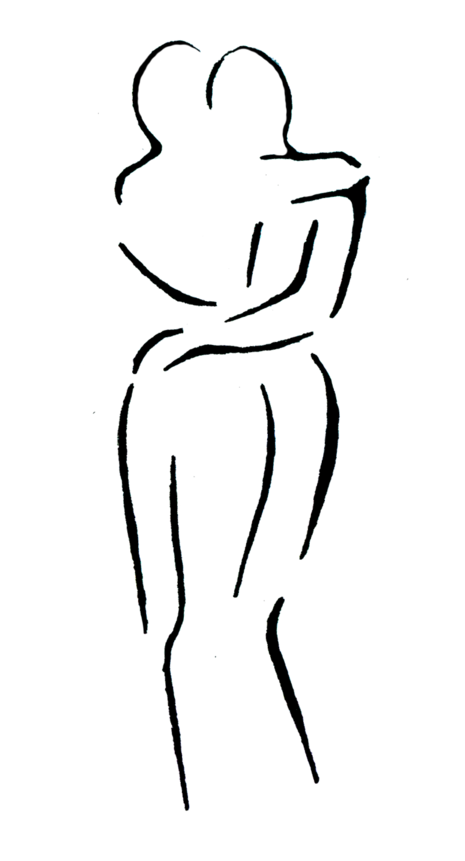Vulvodynia Treatment Methods
Second part of my posts on #vulvodynia focusing on #treatmentmethods. From my experience and research, the multi-disciplinary approach is the best method. No single treatment is appropriate for individuals with vulvodynia and it may take some time to find a treatment, or combination of treatments, that helps alleviate pain.Some people experience relief with one particular treatment, while others do not respond or experience side effects. So finding out what works best for you is of upmost importance!
Firstly I would recommend a Psychosexual Therapist. We are trained to support you as an individual or perhaps as a couple. Receiving a diagnosis of vulvodynia or experiencing it, tends to affect a woman’s sexual relationships and emotional well-being.
Alongside this vulvodynia treatment may involve visiting a: •gynecologist or vulvovaginal specialist, •dermatologist, •physical therapist.
Current vulvodynia treatments include: ○Medications •Antidepressants ( both SSRIs and Tricyclic) •Anticonvulsians ○ Topical Medications (gels and creams) •Topical Hormonal Creams (e.g., estrogen, testosterone) •Topical Anesthetics •Topical Compounded Formulations (eg; anti-depressants) ○Other treatment options: •Nerve Blocks •Neurostimulation and Spinal Infusion Pump •There may also be some complementary or alternative medicine that would suit you. •Women with provoked vestibulodynia may be candidates for surgery. Success rates for surgery vary from 60% – 90%. Following a diagnosis, take your time finding what suits you for treatment options. We are all different which means what works for one person, may not for the other. Ensure that you have someone to talk to, be it a loved one or a health care professional so that you feel supported.











